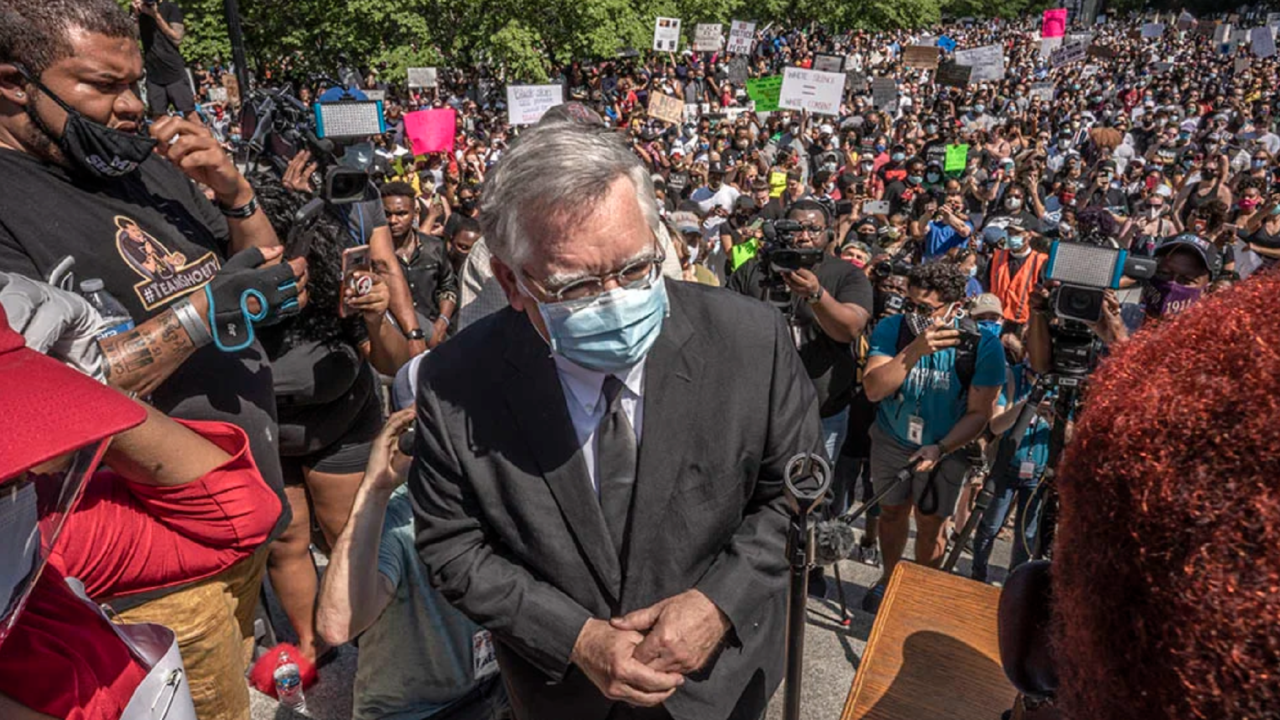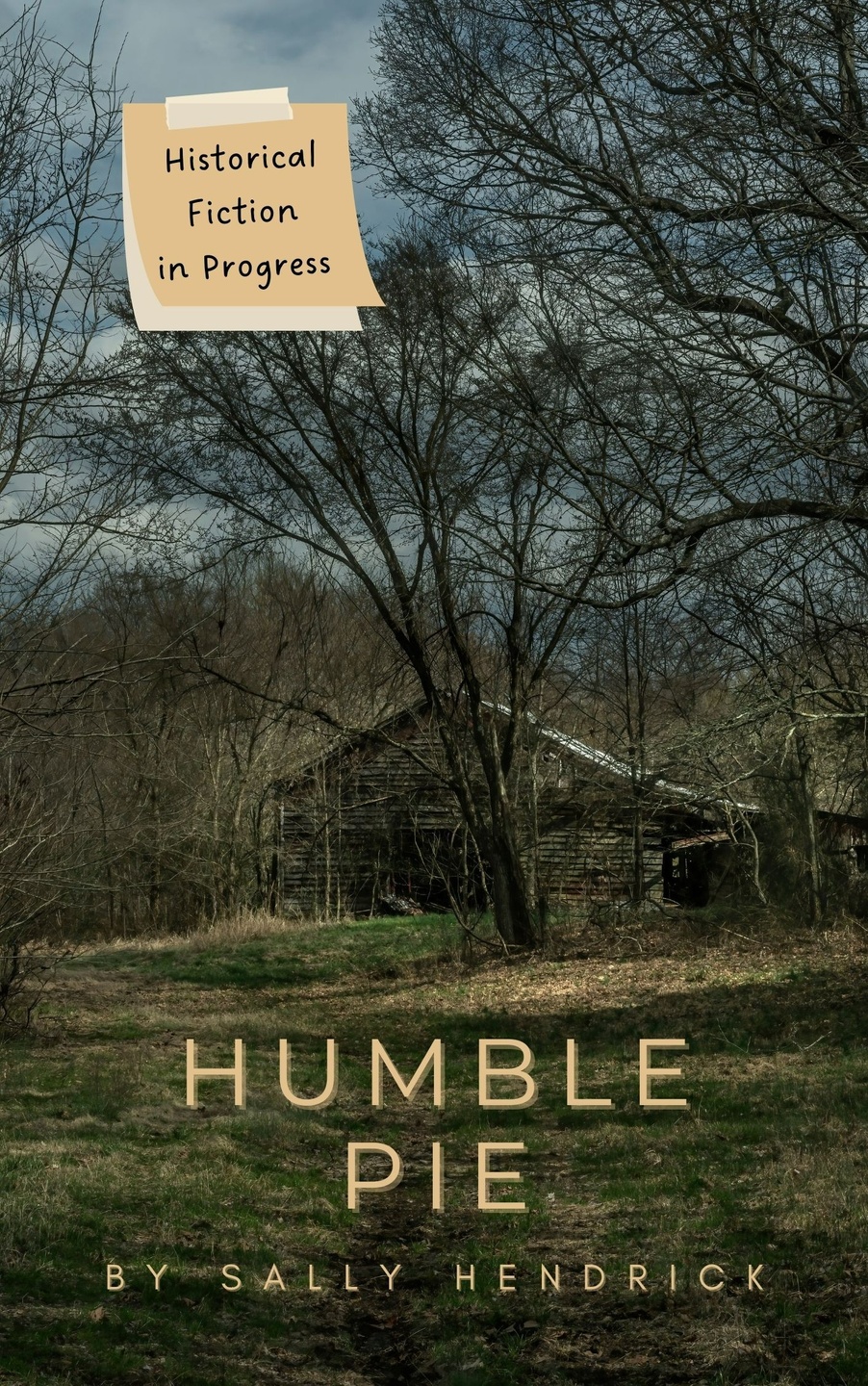
As a writer for NewsLanded, our founder, Sally Hendrick, has focused on statistics related to the pandemic and the racial equality movement born from it. The following is a quote from one of her articles, which you may read in full here.
"Nashville, Tennessee, is known for having mostly peaceful protests. No matter the cause, past marches with as many as 15,000 people, have shouted for attention for social justice issues, such as women’s rights, LGBT rights, civil rights, and more. In February of 1960, the Nashville sit-ins began at various lunch counters at the Woolworth, Walgreens, Kress, McLellan, and Grants stores along Fifth Avenue North. Unbeknownst to many, in the months leading up to the full-scale protests, smaller-scale demonstrations had occurred at Harveys Department Store and Cain-Sloan nearby to “test the waters,” so to speak."
Protests in Nashville since May 30, 2020, have been peaceful
None of the official protests in Nashville have been riotous. On May 30, 2020, there was an outbreak of destruction in the downtown area several hours after the first official protest occurred; however, these people were not associated with the actual protest. Damage was done to the courthouse, along with several windows and buildings in the touristy areas of 2nd Avenue and Broadway. Fortunately, follow up gatherings have not resulted in further property damage.
Campouts in front of the Capitol building at Legislative Plaza sparked felony legislation
Governor Bill Lee of Tennessee refused to meet with protesters throughout the summer. Many people perched along the sidewalks between Legislative Plaza and the Capitol building for weeks. Regardless of the sit-ins, the governor ignored the people asking to be heard and supported controversial legislation that increased the penalities for people who camped overnight on state property. As a felony, if someone is convicted, they would lose their voting rights.
According to AP News, "The bill also imposes a mandatory minimum 45-day hold if convicted of aggravated rioting; enhances the fine for obstructing emergency vehicles from accessing highways; requires a court to order restitution for damaging state property; and creates a Class C felony offense for aggravated assault against a first responder — which carries a $15,000 fine and mandatory minimum 90-day prison sentence."




